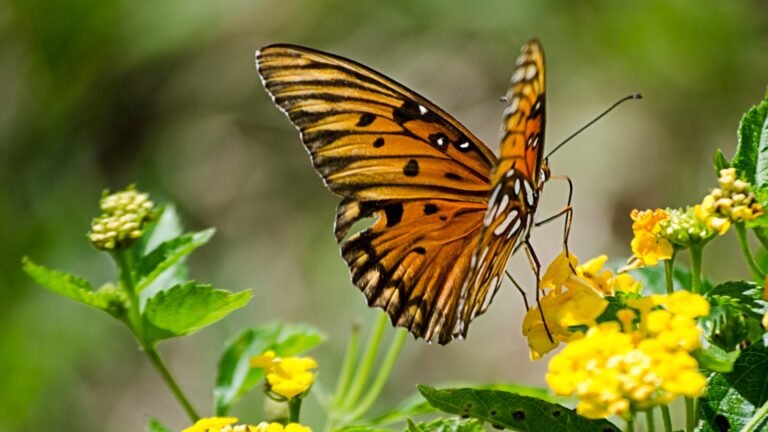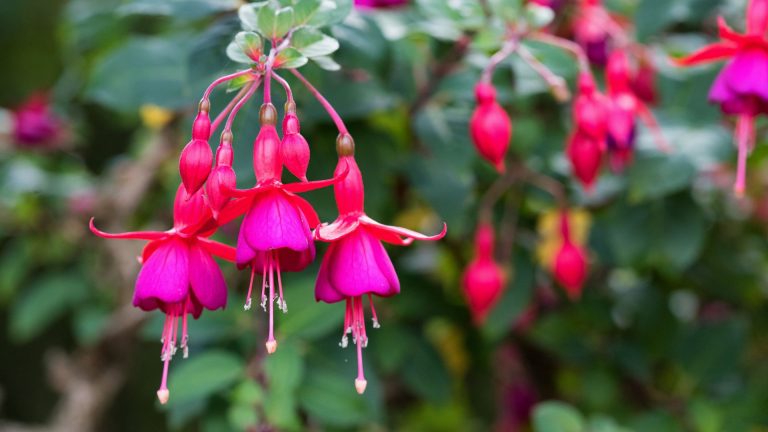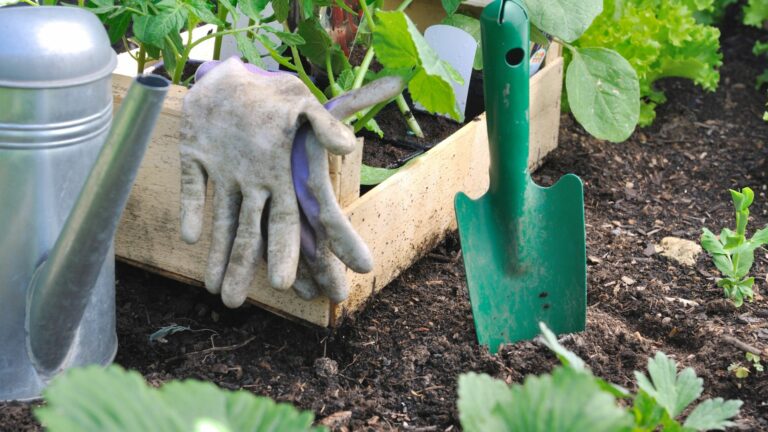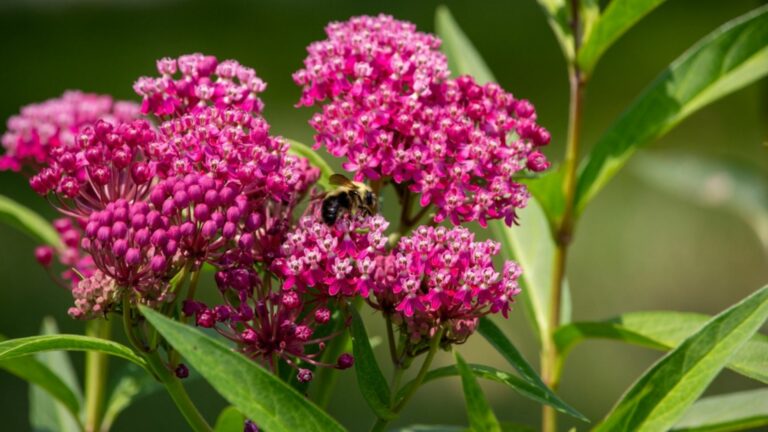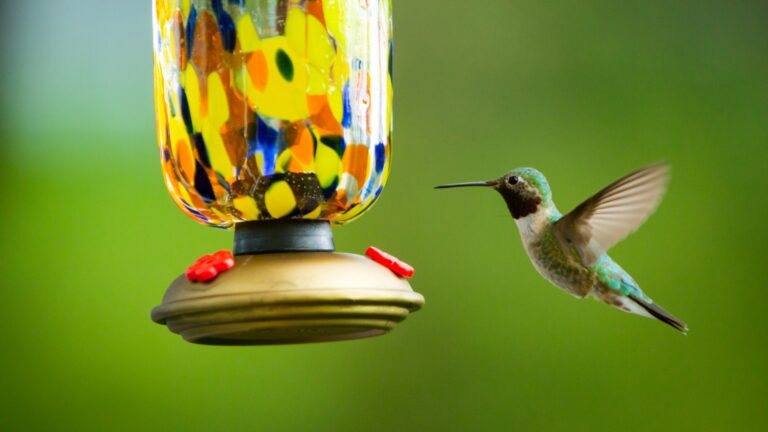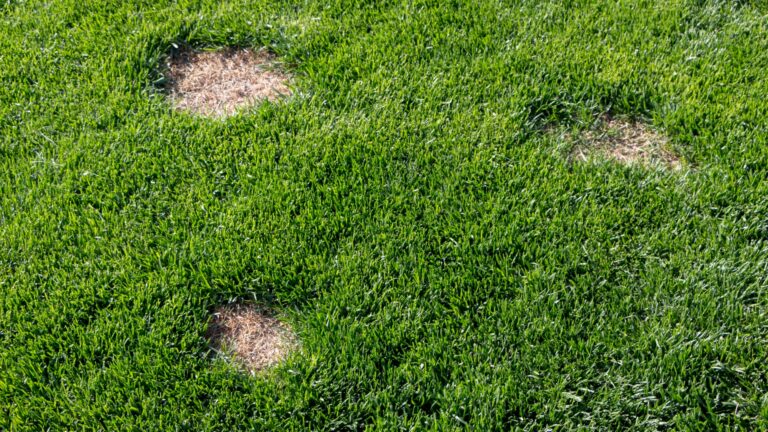8 Fall Mulching Materials That Keep New Jersey Gardens Healthy
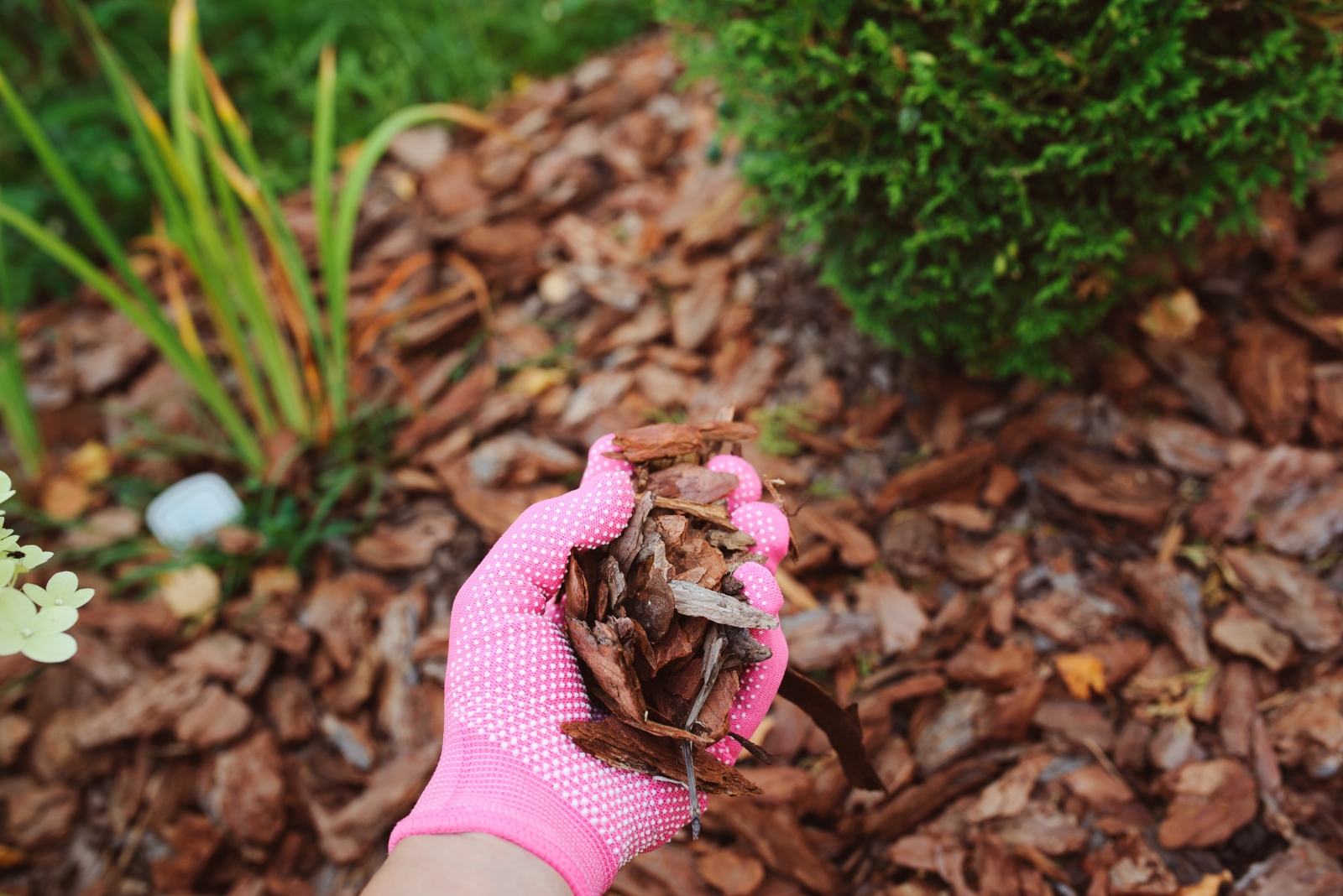
A good mulch job in fall sets New Jersey gardens up for success year-round. The right materials protect roots, trap moisture, and keep weeds under control.
Each type has its own secret strength, from natural bark to shredded leaves. Finding your favorite is half the fun of fall gardening.
1. Shredded Hardwood Bark
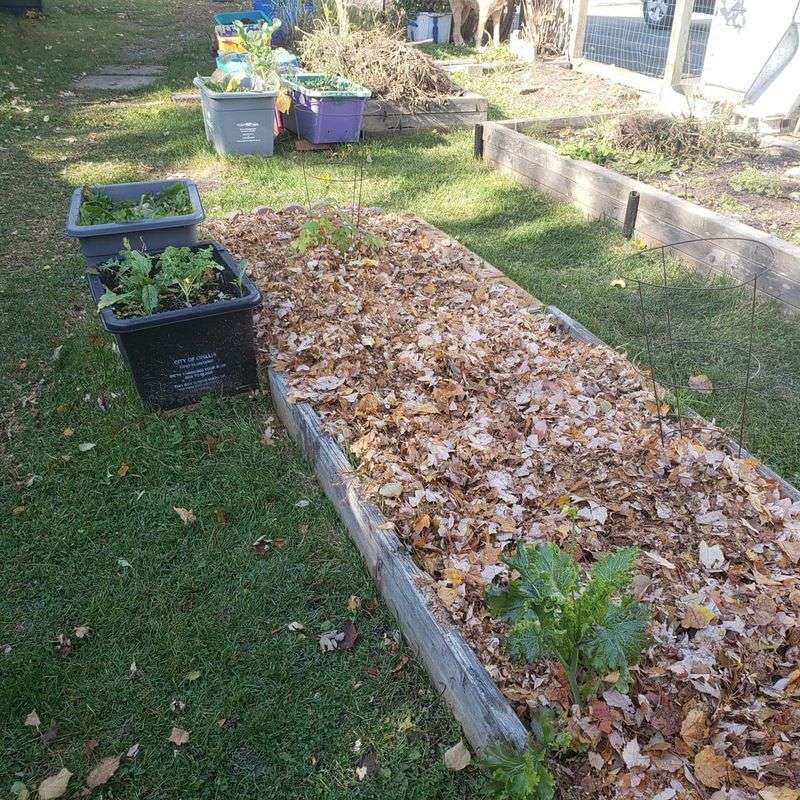
Garden centers across New Jersey stock this popular choice because it breaks down slowly and adds nutrients to soil over time. The rich brown color looks fantastic against autumn foliage and stays put even during windy days.
Hardwood bark creates a thick barrier that blocks weeds while letting water soak through easily. Most local gardeners spread a three-inch layer around shrubs and perennials for excellent winter protection.
It typically lasts two to three years before needing replacement, making it budget-friendly for families.
2. Pine Needles
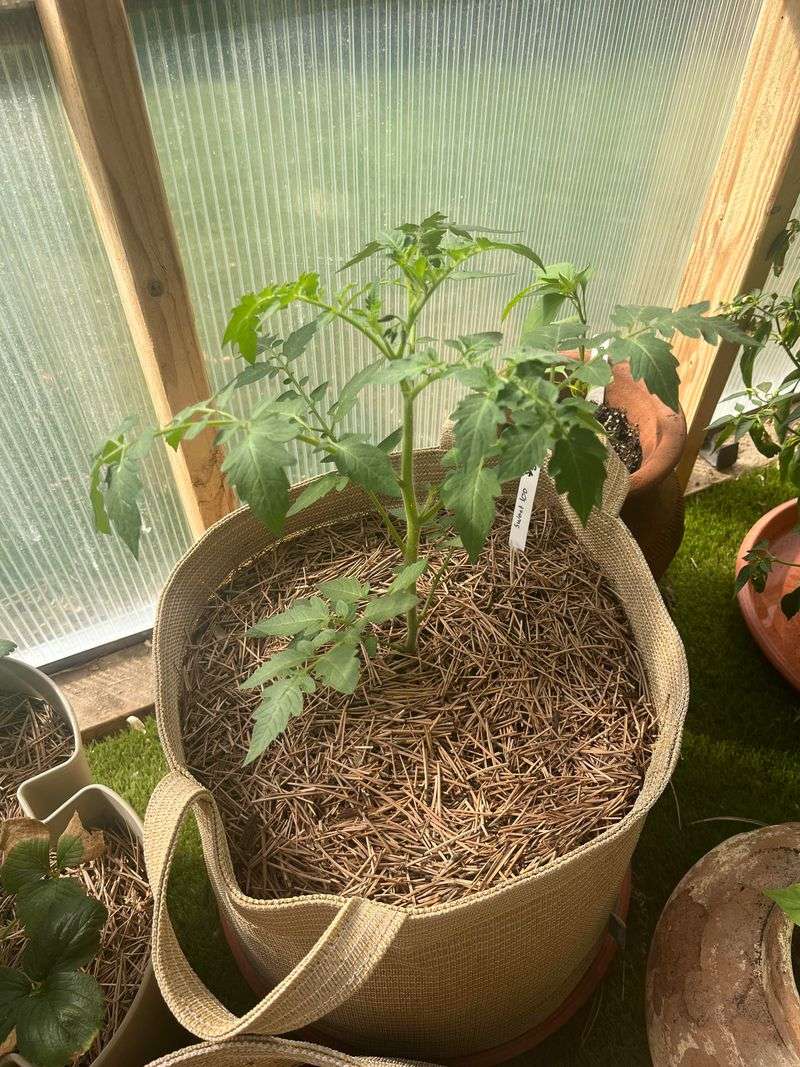
Raking up pine needles from your yard gives you free mulch that acid-loving plants absolutely adore. Azaleas, blueberries, and rhododendrons thrive when surrounded by this lightweight material that naturally lowers soil pH levels.
New Jersey homeowners appreciate how pine needles lock together to form a mat that resists blowing away in autumn storms. They also decompose gradually, releasing beneficial organic matter into garden beds.
Just spread a four-inch layer around your plants for fantastic insulation and moisture retention all winter long.
3. Shredded Leaves
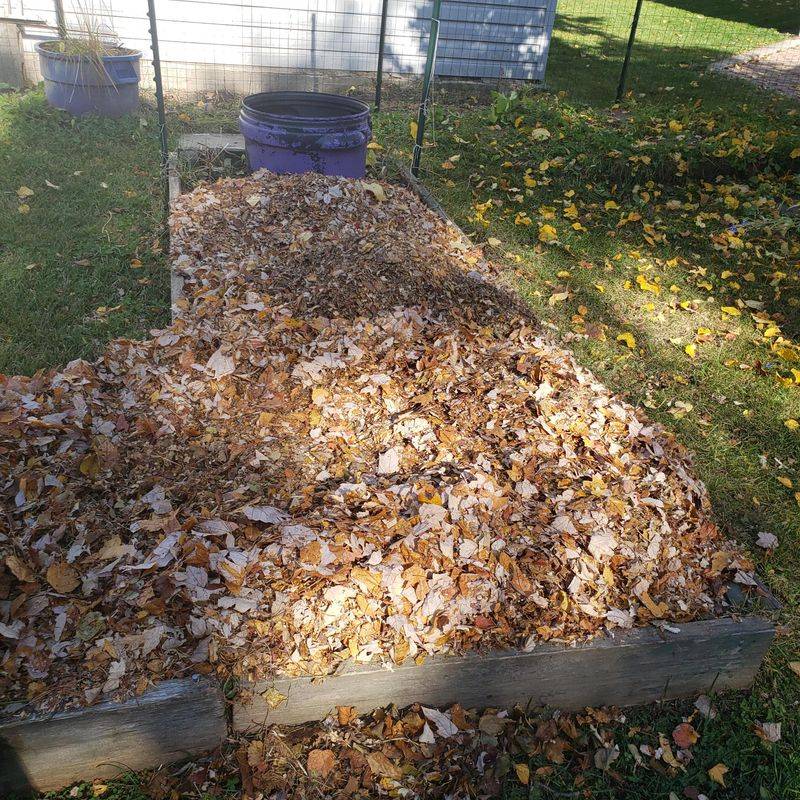
Why bag up fallen leaves when you can turn them into fantastic mulch instead? Running a lawn mower over leaves creates small pieces that settle nicely around plants without smothering them like whole leaves might.
Gardens throughout New Jersey benefit from this completely free option that earthworms love to munch on. As the shredded leaves break down, they create rich compost that improves soil structure and feeds beneficial microorganisms.
Spread a three to four-inch layer before winter arrives for excellent root protection and weed suppression.
4. Wood Chips
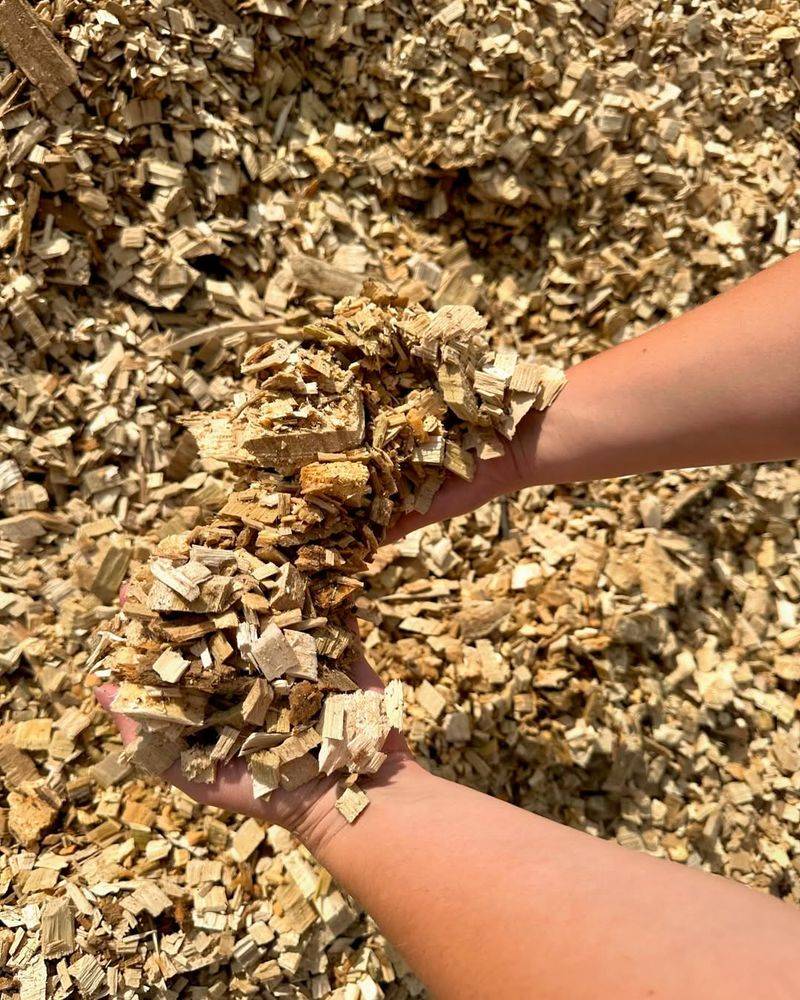
Local tree services often deliver wood chips for free or cheap prices, making this an economical choice for covering large garden areas. The chunky texture creates air pockets that help soil breathe while keeping moisture locked in during dry autumn days.
New Jersey gardeners use wood chips around trees, along pathways, and in vegetable garden beds with great success. They decompose more slowly than smaller materials, so you won’t need to refresh them as often.
Apply a four-inch layer for best results throughout the growing season.
5. Straw
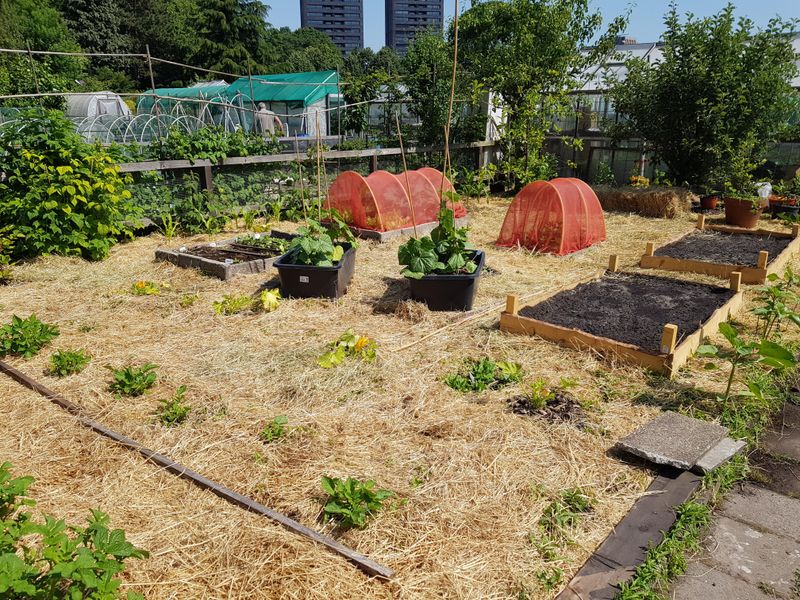
Vegetable gardeners in New Jersey swear by straw for protecting fall crops like garlic, carrots, and kale from harsh weather. Unlike hay, straw contains very few weed seeds, so you won’t create extra work for yourself next spring.
The hollow stems trap air and create excellent insulation that keeps soil temperatures stable during temperature swings. Straw also reflects sunlight, which helps prevent soil from getting too hot on unseasonably warm autumn days.
Spread six inches around vegetables and watch your crops stay healthy longer into the season.
6. Cocoa Hull Mulch
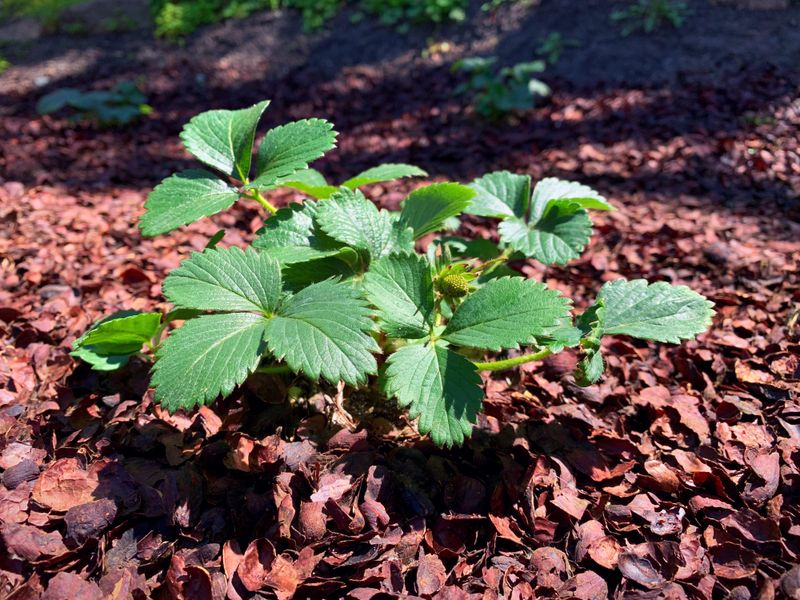
Walking through your garden becomes a treat when you use this mulch that smells like chocolate for several weeks after application. The dark color provides stunning contrast against colorful fall flowers and stays attractive throughout the season.
New Jersey gardeners love how cocoa hulls break down quickly to add nitrogen and other nutrients to soil. The fine texture creates a tight mat that blocks weeds effectively while allowing water to penetrate easily.
Keep pets away though, since chocolate products can be harmful if eaten in large amounts by curious dogs.
7. Compost
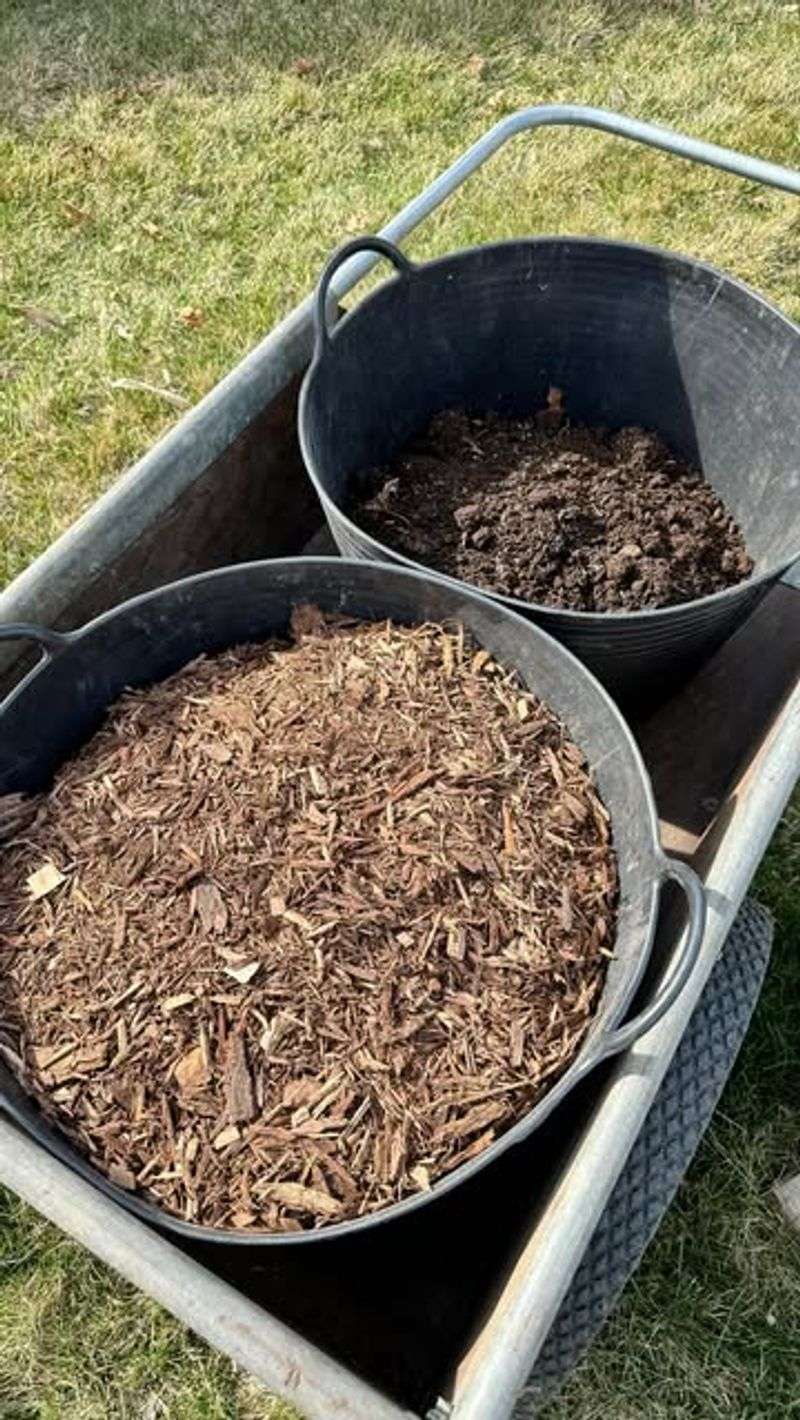
Finished compost works double duty as both mulch and fertilizer, feeding your garden while protecting it from cold temperatures. The crumbly texture improves soil structure as it gets worked in by rain and earthworms over time.
Many New Jersey communities offer free compost to residents, making this an economical choice for budget-conscious gardeners. Spread a two to three-inch layer around perennials and vegetables before the first frost arrives.
Your plants will thank you next spring with stronger growth and more abundant blooms throughout the season.
8. Cedar Mulch

The pleasant aroma and natural insect-repelling properties make cedar a premium choice for New Jersey gardens. Cedar contains oils that discourage termites, ants, and other pests from setting up shop in your flowerbeds while providing excellent winter protection.
The reddish-brown color adds warmth to autumn landscapes and fades gracefully to silver-gray over time. Cedar breaks down more slowly than many other wood products, giving you longer-lasting coverage with less frequent replacement.
Spread a three-inch layer for beautiful, functional mulch that protects plants all season long.

